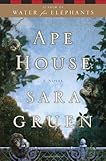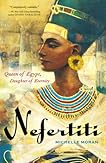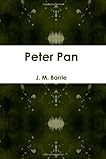A
novel of Eleanor of Aquitaine
Eleanor of
Aquitaine was a fascinating woman and a legend; highlights of her life have
been recounted numerous times. This historical fiction is yet another side of the turbulent life of one of the world’s most passionate and
charismatic queens. The tale is told with vitality and empathy and gives a new
dimension on the terrible story of lust and fruitful union which eventually
turned into a marriage from hell.
The novel opens
in 1152, when Eleanor then married to Louis VII of France and mother of two
daughters meet and was smitten by young Henry FitzEmpress (Henry II) who was 11
years her junior. Eleanor’s less-than-fulfilling marriage to Louis VII led her
into the arms of Henry and with her divorce and subsequent marriage, they
became one of the most powerful unions in Christendom with control over Anjou,
Normandy, Brittany, Aquitaine and eventually England, when Henry was crowned
king. At first their attraction is magical and filled with lust and passion,
their union yields eleven children. Unfortunately through the years their love
turns to bitterness and their life begins a fiery downward spiral marred by
power struggles, betrayals, bitter rivalries and Eleanor’s long imprisonment.
I enjoy quality
historical fiction from time to time but his one left me somewhat disappointed.
It took a while to warm up to the characters there was too much emphasis on
their bedroom exploits but the modern narrative and language made it easy to understand,
however the consequences are, it also resembled a romance novel with all its
clichés. The best part of the book in my view is the chapters around events
concerning Thomas Beckett; this interesting person spiked my interest.
To say that this
novel is not well-written or engaging would be false, Ms. Weir manages to
capture the essence of a medieval marriage, one of love and convenience, that
led to one of the most extraordinary and
tempestuous marriages in history.



















No comments:
Post a Comment